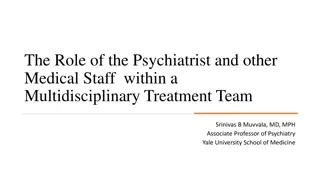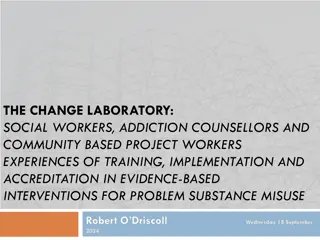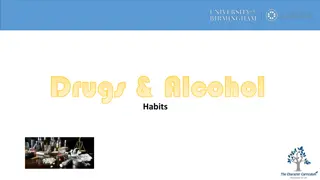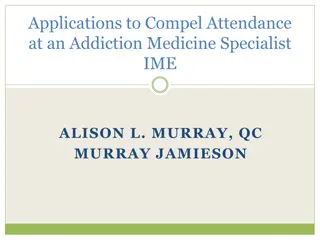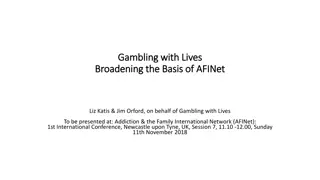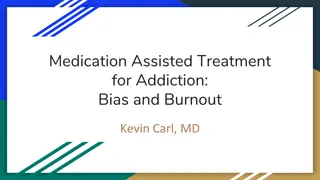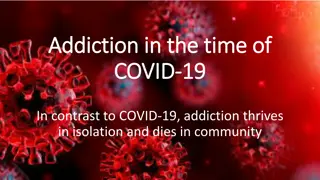Different Types of Interventions to Address Addiction Challenges
Every individual's addiction story is unique, requiring different types of interventions tailored to their specific needs. This article explores four popular intervention approaches - simple intervention, classical intervention, family system intervention, and crisis intervention - each designed to address addiction challenges with care and effectiveness. With the guidance of experienced counselors or interventionists, families can choose the intervention method most suitable for their loved one's situation, fostering a path towards recovery and healing.
Download Presentation

Please find below an Image/Link to download the presentation.
The content on the website is provided AS IS for your information and personal use only. It may not be sold, licensed, or shared on other websites without obtaining consent from the author. Download presentation by click this link. If you encounter any issues during the download, it is possible that the publisher has removed the file from their server.
E N D
Presentation Transcript
Types of Interventions Types of Interventions Dr Muhammad Ibrar
Introduction Every addiction story is different. And because this is true, there are different types of interventions designed to help different types of families and individuals. What works best for someone like Betsy may not work for another. Keep in mind that these are basic descriptions, and the best type of intervention is one that is carried out with love and attention to the details and interests of your loved one. An experienced counselor or interventionist can help you make the best plan for you and your family.
Four Popular Types of Interventions Four Popular Types of Interventions 1. Simple intervention Rather than staging a huge gathering of people to confront your loved one, sometimes a single family member facing the addicted person, asking them to stop using drugs and begin a comprehensive addiction treatment program, is all it takes to bring about change. With or without a professional interventionist present to assist, this one-on-one intervention can be very effective.
Contd. 2. Classical intervention A classical intervention begins with a planning session that includes everyone except the addicted person. This type of intervention often includes counsel and education for all family members and participants, and is often classified as a Johnson Model intervention. In this type of intervention, family members are able to discuss their part before the official intervention begins. A counselor or interventionist can help prepare every participant in how to handle all potential outcomes to the intervention. This type of intervention often offers support to both the addicted person and the family members of that person.
Contd. 3. Family system intervention This type of intervention is based on family systems theory and treatment. When multiple people in a family struggle with an addiction, co-dependence or conflict, this approach can help treat both the addiction and the family bonds. Family members often continue beyond the initial intervention, and all family members are encouraged to participate in family counseling and coaching. The addicted person benefits from a changed family experience and greater motivation to recover once everyone gets needed support.
Contd. 4. Crisis intervention Sometimes a crisis occurs in an addicted person s life that makes it clear to them and everyone else that rehab is necessary. Rather than planning out an intervention, situations in which the addicted person has become a danger to himself or those around him can turn into impromptu interventions. The immediate objective will be to stabilize the situation and optimize safety. Often, a little tough love is needed in these situations in order to save a life. Rehabilitation can quickly follow.










